Can Dogs Eat Chia Seeds? Discover the Surprising Benefits & Risks
As a pet nutritionist working in veterinary clinics for several years, I’ve had countless conversations with pet owners about the foods that are safe for their dogs. One question that often comes up is, “Can dogs eat chia seeds?” It’s a valid concern, given how popular chia seeds have become among humans for their health benefits. But as we know, what’s healthy for humans doesn’t always translate to what’s best for our furry friends. In this article, we’ll dive into the benefits and risks of feeding chia seeds to dogs, using both my personal experience and current research to guide you. Let’s get into it!
What Are Chia Seeds and Why Are They So Popular?
Before we get into whether dogs can eat chia seeds, let’s first take a quick look at what they are. Chia seeds come from the plant *Salvia hispanica*, native to Central America. These tiny, black or white seeds are packed with essential nutrients like fiber, omega-3 fatty acids, antioxidants, and protein. They’ve become a trendy food for humans, popping up in smoothies, oatmeal, baked goods, and even sprinkled on salads. Chia seeds are known for their health benefits, including supporting heart health, aiding digestion, and promoting skin health, which are all reasons why many pet owners wonder if they could benefit their dogs in the same way.
Are Chia Seeds Safe for Dogs?
So, can dogs eat chia seeds? The short answer is yes—most dogs can eat chia seeds in moderation, but there are a few things to consider before adding them to your dog’s diet. While chia seeds offer nutritional value, they also have some unique properties that can cause problems if not given in the right amounts or preparation.
In my experience as a pet nutritionist, I’ve seen that some dogs can tolerate chia seeds well, while others might experience digestive upset if they’re introduced too quickly or in large quantities. Since chia seeds are high in fiber and absorb a lot of water, giving too many at once can lead to bloating or even an upset stomach. However, when given in small amounts, they can be a great addition to your dog’s diet. It’s all about moderation and ensuring the right balance for your pet.
Health Benefits of Chia Seeds for Dogs
When fed appropriately, chia seeds can offer a variety of health benefits for dogs. Here are some of the key reasons why chia seeds are good for dogs:
- Rich in Omega-3 Fatty Acids: Just like with humans, omega-3s are great for dogs! These essential fats help support heart health, reduce inflammation, and promote healthy skin and coat. Chia seeds are an excellent plant-based source of omega-3s, making them a good choice for dogs with allergies or sensitivities to fish oils.
- High in Fiber: Chia seeds are packed with soluble fiber, which can help regulate digestion and maintain a healthy gut. Fiber also aids in weight management by promoting a feeling of fullness and helping prevent overeating.
- Antioxidants: Chia seeds are loaded with antioxidants, which can help protect your dog’s cells from oxidative stress and free radical damage. This is particularly important for aging dogs or those with chronic conditions that increase oxidative stress in their bodies.
- Protein: If your dog’s diet is lacking in protein, chia seeds can provide an additional boost. They contain a good amount of plant-based protein, which is essential for muscle development, repair, and overall growth.
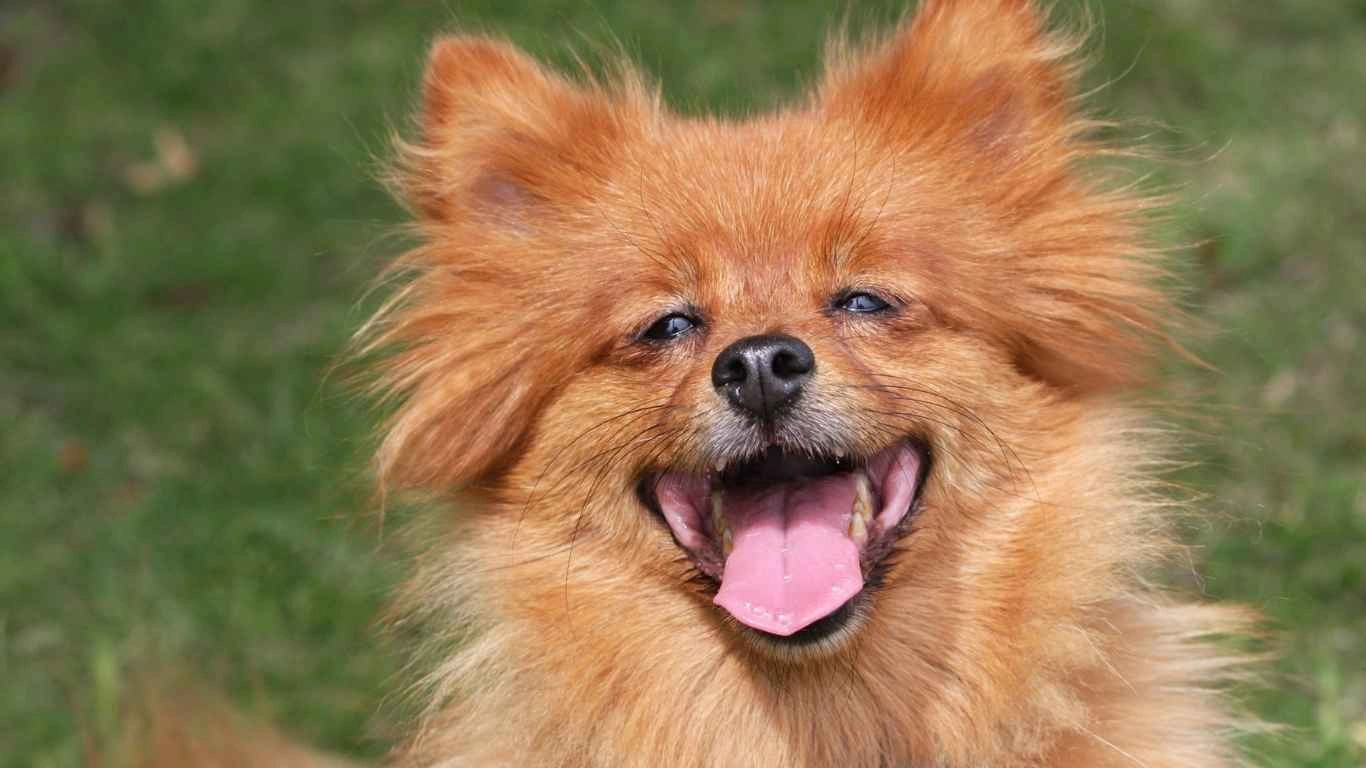
Potential Risks of Chia Seeds for Dogs
While chia seeds can be beneficial, there are a few things to watch out for. Just because a food is healthy doesn’t mean it’s right for every dog. In my years of working with pets, I’ve seen how even seemingly harmless foods can cause issues if not used properly. Here are a few potential risks to keep in mind:
- Too Much Fiber: If your dog isn’t used to high-fiber foods, suddenly adding chia seeds to their diet can cause digestive upset, including gas, bloating, or diarrhea. It’s best to start with a very small amount and gradually increase the serving size to allow your dog’s digestive system to adjust.
- Choking Hazard: Chia seeds expand when they come in contact with water, so they can be a choking hazard if your dog doesn’t drink enough water after consuming them. Always make sure your dog has access to fresh water when feeding chia seeds, and consider soaking them before offering them as a treat to avoid any issues.
- Allergies: Although rare, some dogs might be allergic to chia seeds. If you notice any signs of an allergic reaction, such as itching, swelling, vomiting, or diarrhea, stop feeding chia seeds and consult your vet.
How to Safely Add Chia Seeds to Your Dog’s Diet
Introducing new foods into your dog’s diet always requires a little caution. If you’re considering adding chia seeds, start small and observe your dog’s reaction. Here’s a simple way to introduce chia seeds safely:
- Start with a Small Amount: Begin with about 1/4 teaspoon for small dogs and 1/2 teaspoon for larger dogs. Mix it into their regular food, and monitor them for any signs of digestive upset.
- Hydrate the Seeds: It’s a good idea to soak the chia seeds in water before feeding them to your dog. This helps them expand and reduces the risk of choking or digestive issues.
- Monitor Your Dog: Keep an eye on your dog for the next 24 hours after introducing chia seeds. If there are no signs of digestive upset, you can continue feeding them small amounts. If any issues arise, cut back or stop entirely and consult your vet.
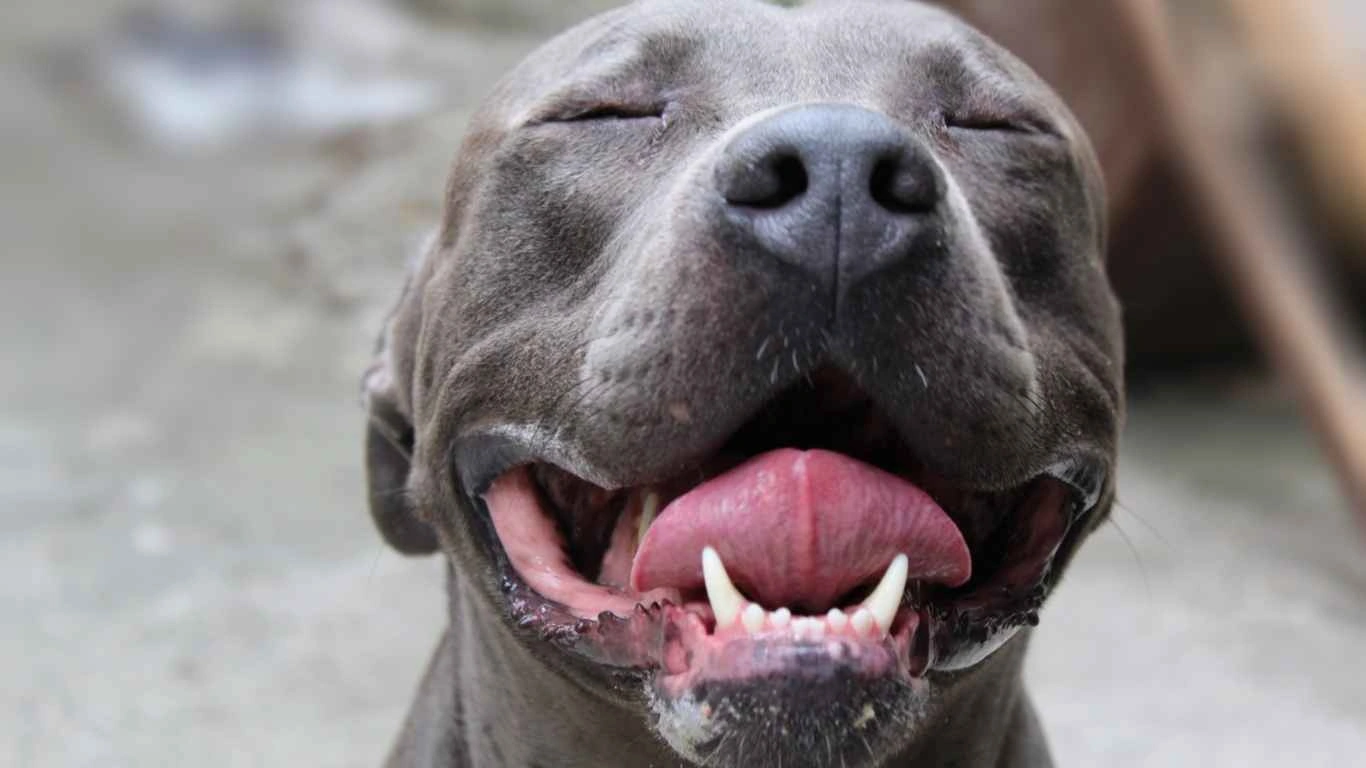
How Often Can You Feed Chia Seeds to Dogs?
Chia seeds should only be an occasional treat and should not make up a large portion of your dog’s daily diet. Too many chia seeds can overwhelm your dog’s digestive system and lead to potential issues, like diarrhea or bloating. In general, giving your dog chia seeds a few times a week is plenty to reap the benefits without overdoing it. Remember, moderation is key!
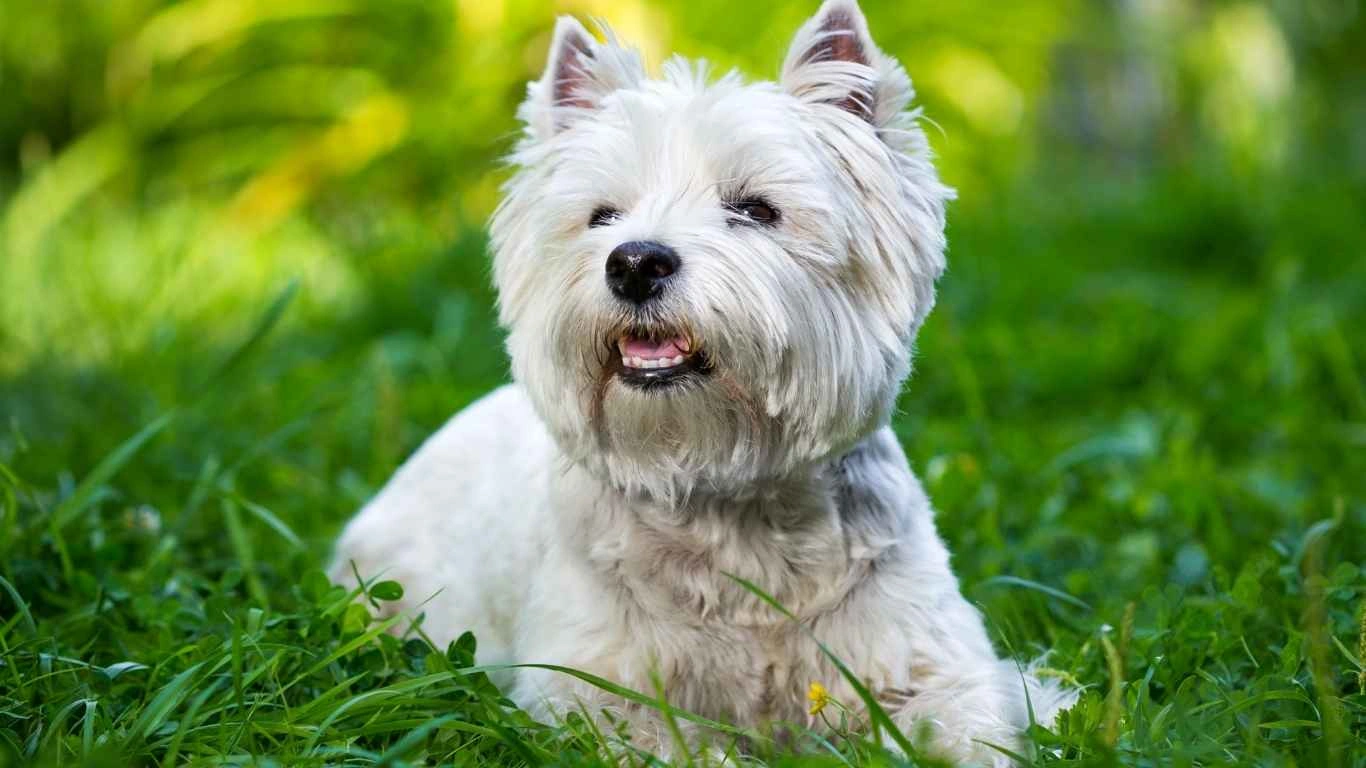
What Are the Best Ways to Serve Chia Seeds to Your Dog?
Now that we know chia seeds are generally safe for dogs in moderation, the next question is: How should you serve them? As a pet nutritionist, I always emphasize that the way you introduce new foods to your dog matters just as much as the food itself. Fortunately, chia seeds are easy to prepare and can be added to your dog’s meals in a variety of ways. Let’s go over some of the best methods to incorporate chia seeds into your dog’s diet without overwhelming their digestive system.
Soaked Chia Seeds: A Simple and Safe Option
The easiest and safest way to feed your dog chia seeds is by soaking them in water first. When chia seeds come into contact with liquid, they expand and form a gel-like consistency, which makes them easier for your dog to digest. Plus, soaking helps reduce the risk of any choking hazard. The soaked chia seeds become softer and much more palatable for dogs, especially for those with sensitive stomachs.
To soak chia seeds for your dog:
- Take one teaspoon of chia seeds for small dogs and up to one tablespoon for large dogs.
- Mix the seeds with about 3-4 tablespoons of water (or more, depending on how many you’re soaking).
- Let the mixture sit for 10–15 minutes until the chia seeds absorb the water and expand.
- Stir well and mix it into your dog’s regular food, or serve it as a separate treat.

Chia Seeds in Homemade Dog Treats
If you’re a fan of baking homemade dog treats (who isn’t, right?), chia seeds can be a fantastic ingredient to include! I often make chia seed dog biscuits for my own pets. It’s an easy way to boost the nutritional value of their treats without going overboard on calories or fats.
Here’s a simple recipe I’ve used that both my dogs love:
- Ingredients:
- 1 cup oat flour (or regular flour if your dog isn’t sensitive)
- 2 tablespoons chia seeds
- 1/4 cup water
- 1/4 cup pumpkin puree (this is optional, but it adds flavor and is great for digestion)
- 1 egg (for binding)
- Instructions:
- Preheat your oven to 350°F (175°C).
- In a bowl, mix the oat flour and chia seeds together.
- In another bowl, beat the egg and add the pumpkin puree and water.
- Combine the wet and dry ingredients and mix until a dough forms. If the dough is too dry, add a bit more water.
- Roll the dough out on a floured surface and cut it into fun shapes using cookie cutters.
- Place the treats on a baking sheet and bake for 15–20 minutes, or until they are golden brown.
- Let the treats cool completely before serving them to your dog!
Are There Any Dog Breeds That Should Avoid Chia Seeds?
While most dogs can safely eat chia seeds, it’s important to keep in mind that every dog is different. Some dogs might have specific health conditions or sensitivities that make chia seeds a less-than-ideal treat. In my experience, here are a few situations where you might want to reconsider adding chia seeds to your dog’s diet:
Dogs with Pre-Existing Digestive Issues
If your dog already has a sensitive stomach or suffers from conditions like irritable bowel syndrome (IBS), adding high-fiber foods like chia seeds can sometimes make things worse. Even though fiber is great for most dogs, too much of it can cause bloating, gas, or diarrhea, especially in dogs who have delicate digestive systems. Always check with your vet if your dog has any digestive concerns before trying new foods.
Dogs with Pancreatitis or Liver Disease
Chia seeds are generally safe, but they are also high in fat. While the fats are healthy omega-3s, dogs with pancreatitis or liver disease should avoid fatty foods altogether. These dogs often have trouble processing fats, and adding chia seeds to their diet could potentially lead to complications. If your dog falls into this category, consult with your vet to discuss the best dietary options for their condition.
Chia Seeds and Food Allergies
Although rare, some dogs may be allergic to chia seeds. Symptoms of an allergic reaction could include itching, swelling, hives, or digestive upset like vomiting or diarrhea. If you notice any of these signs after introducing chia seeds, discontinue feeding them and reach out to your vet right away for advice. It’s always better to be cautious when dealing with allergies!

How to Monitor Your Dog’s Health When Adding Chia Seeds
It’s crucial to keep an eye on your dog’s health and behavior when introducing any new food, and chia seeds are no exception. If you’re unsure how your dog will react, it’s always best to start slowly and watch for any changes. Here’s a quick checklist to help you monitor your dog after introducing chia seeds into their diet:
- Digestive Health: Watch for any signs of bloating, gas, or diarrhea. If your dog experiences any of these, cut back on the chia seeds and consult your vet.
- Energy Levels: Since chia seeds can boost energy due to their nutrient density, keep an eye on your dog’s behavior. If they seem unusually hyper or lethargic, it might be due to an imbalance in their diet.
- Skin and Coat: Chia seeds are packed with omega-3 fatty acids, which can improve your dog’s coat health over time. Monitor their coat for any changes, such as shinier fur or reduced itching.
- Behavior Changes: Any unusual behavior, like increased thirst or changes in appetite, should be noted. This could be related to the introduction of new food and may require adjusting the serving size.

In the end, chia seeds can be a great addition to your dog’s diet, but like anything, they should be used in moderation and with consideration of your dog’s unique health needs. By carefully introducing them and monitoring their response, you can ensure that your dog reaps the benefits without any of the risks. Always remember: when in doubt, consult with your vet to make sure chia seeds are the right choice for your pup!
Can Chia Seeds Help with Specific Health Conditions in Dogs?
As a pet nutritionist with years of experience in veterinary clinics, I’ve seen how the right nutrition can make a huge difference in managing certain health conditions in dogs. Chia seeds aren’t just a fun treat—they can actually play a role in supporting dogs with specific health needs. While they aren’t a cure-all, they offer a range of benefits that can aid in managing common conditions like arthritis, obesity, and even skin issues. Let’s dive into how chia seeds might help your dog with some of these challenges.
Chia Seeds for Dogs with Arthritis
If your dog suffers from arthritis or joint pain, you might already know how challenging it can be to find effective solutions. This is where chia seeds might come in handy. The omega-3 fatty acids found in chia seeds have anti-inflammatory properties that can help reduce the pain and swelling associated with arthritis. Over time, these anti-inflammatory effects can help improve your dog’s mobility and comfort.
In my personal experience, many dogs with arthritis show positive results when their diet is supplemented with omega-3-rich foods like chia seeds. I’ve seen dogs who struggle to get up after lying down or who limp less noticeably after consistently consuming omega-3s. While chia seeds aren’t a miracle cure, they can be a helpful part of a well-rounded approach to managing arthritis.
Chia Seeds for Weight Management
Obesity is another common issue I encounter in veterinary clinics, especially in older or less active dogs. One of the challenges with managing a dog’s weight is making sure they feel full without overfeeding them. This is where chia seeds can be beneficial. Chia seeds are rich in fiber, which helps dogs feel full and satisfied without consuming excess calories. The fiber in chia seeds absorbs water and expands in the stomach, which can curb hunger and help with portion control.
If you’re working on getting your dog to lose a few pounds, adding a small amount of chia seeds to their meals can be a great tool. Just remember to monitor their overall calorie intake, as chia seeds still contain calories, even if they are nutrient-dense. Always balance chia seed supplementation with regular exercise and a proper diet plan tailored to your dog’s specific needs.
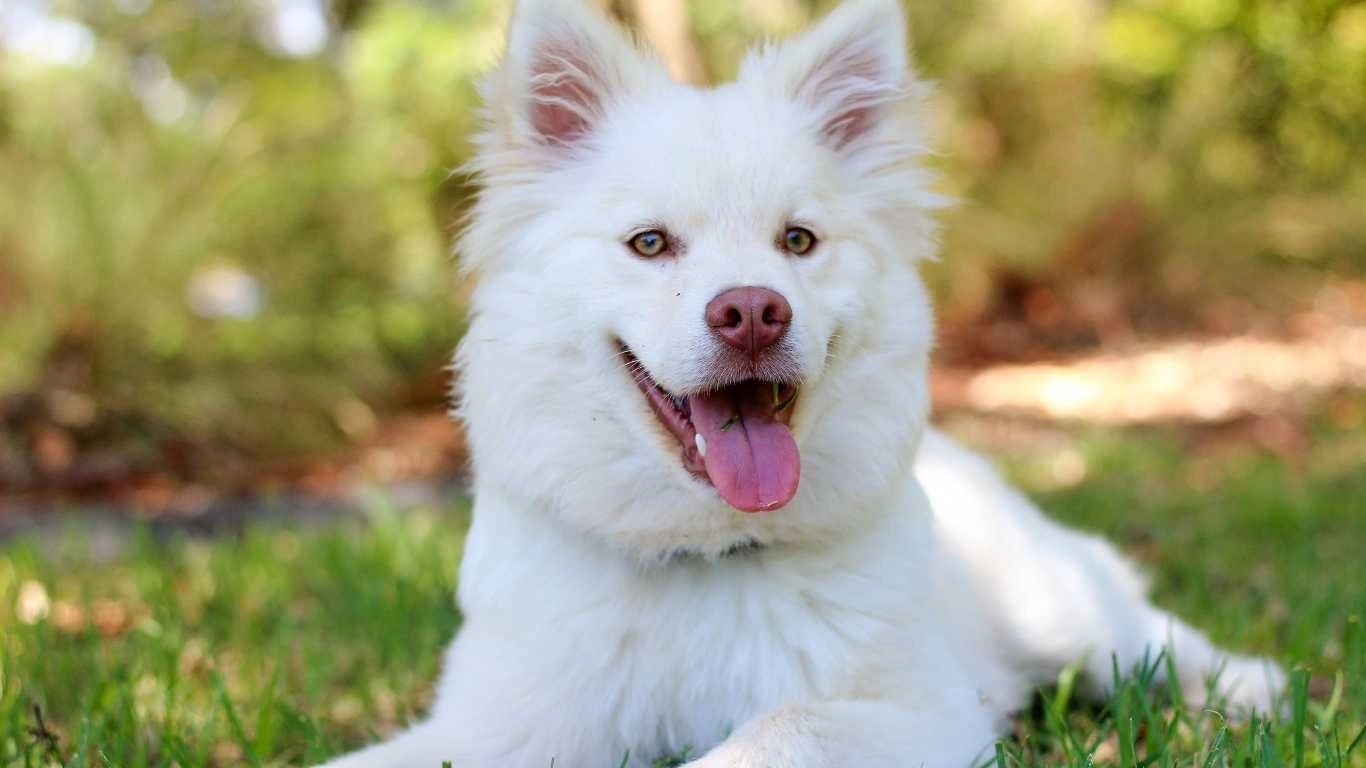
Chia Seeds for Healthy Skin and Coat
One of the benefits of chia seeds that I get really excited about is their potential to improve skin and coat health in dogs. The omega-3 fatty acids in chia seeds are essential for maintaining a healthy, shiny coat and preventing dry, itchy skin. I’ve worked with many pet owners who have dogs with skin issues like dry patches, dandruff, or itching, and supplementing their diet with chia seeds has made a noticeable difference.
If your dog is constantly scratching or their coat lacks shine, chia seeds might help provide some relief. The high levels of omega-3s can hydrate the skin from the inside out, reduce inflammation, and help restore your dog’s natural coat health. I always recommend pairing chia seeds with other healthy fats, like fish oil or coconut oil, to create a well-rounded approach to skin and coat care.
What Do Veterinarians Say About Chia Seeds for Dogs?
It’s important to look beyond personal experiences and consult with experts when adding new foods to your dog’s diet. So, what do veterinarians have to say about chia seeds for dogs? From what I’ve gathered through my years of working alongside veterinarians, most agree that chia seeds can be a healthy addition to a dog’s diet when given in moderation. Many vets recognize the benefits of chia seeds, particularly for their omega-3 content and fiber. However, they also caution against overfeeding, as it can lead to digestive issues or weight gain.
Some veterinarians also recommend chia seeds for dogs with specific health conditions, like arthritis or skin issues, as part of a larger dietary plan. Just like with any supplement or food addition, it’s always a good idea to check in with your vet before making changes to your dog’s diet, especially if your dog has pre-existing health conditions or is on a prescription diet.
Vet-Approved Tips for Chia Seeds
If you’re looking to incorporate chia seeds into your dog’s diet, here are some quick tips often suggested by veterinarians:
- Start Small: Gradually introduce chia seeds to your dog’s diet. Start with a small amount and monitor for any digestive upset.
- Soak Them First: Always soak chia seeds before feeding them to your dog. This will help prevent choking and make them easier to digest.
- Monitor Weight: Because chia seeds are nutrient-dense, keep an eye on your dog’s weight and adjust portion sizes if necessary.
- Don’t Overdo It: Moderation is key. While chia seeds are packed with nutrients, they should only be a small part of your dog’s overall diet.
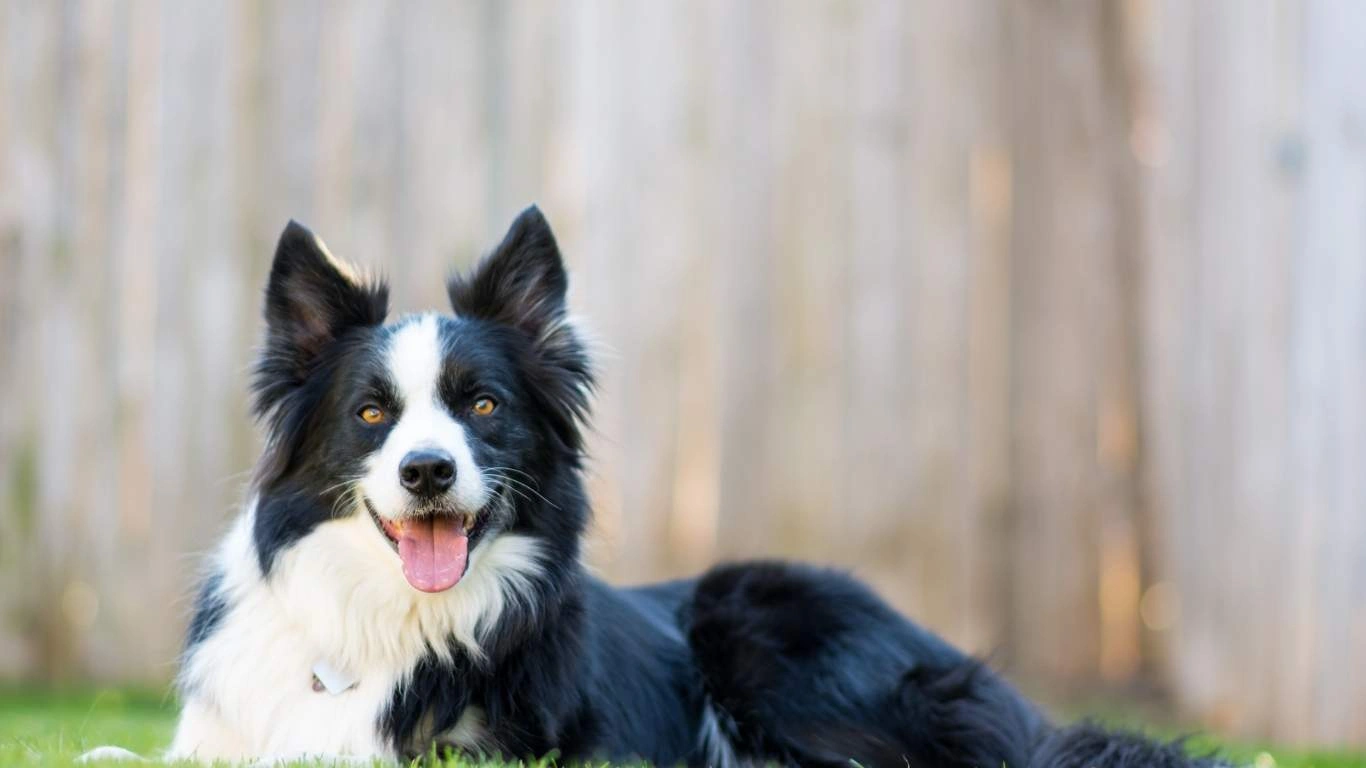
References
If you’re interested in learning more about the health benefits of chia seeds for dogs, here are some helpful resources:
- PawPatron – Pet Nutrition and Wellness
- American Kennel Club – Can Dogs Eat Chia Seeds?
- VetStreet – Chia Seeds and Dogs
Disclaimer
The information in this article is based on my experience as a pet nutritionist and is meant to provide general advice for pet owners. It should not replace professional veterinary advice. Always consult with your vet before introducing new foods or supplements to your dog’s diet, especially if your dog has existing health concerns. The health and well-being of your dog should always be your top priority, and working with your vet ensures that your dog receives the most appropriate care.





